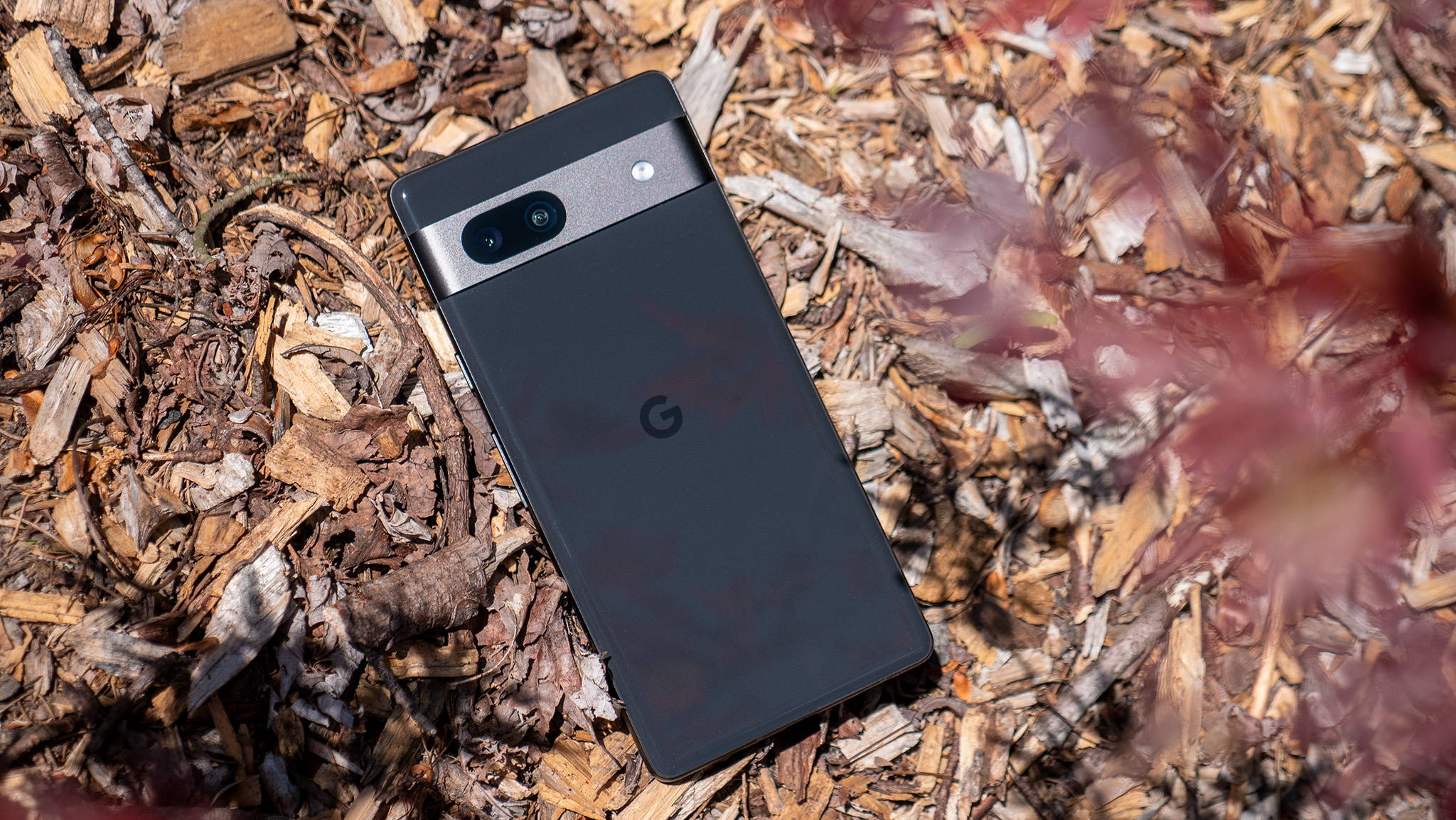
What you need to know
- A discovery suggests Google has opted for a different packaging method for the Tensor G2 chip inside the Pixel 7a.
- This change may cause the phone to heat up quicker and experience a reduced overall performance for users.
- Google previously used Samsung's FOPLP-PoP proprietary technology to lay the Tensor G2 chip inside its previous phones for a cooler, faster device.
A curious discovery seems to hint that Google opted to pull back on its assembly process for the Pixel 7a's chip.
The apparent find was posted and detailed in a lengthy Twitter thread by known tipster Kamila Wojciechowska. Apparently, back in 2022, Google introduced a second device production tree for the Tensor G2 chip for revisions. Wojciechowska states that nothing came of until the crafting process for the Pixel 7a.
Allegedly, Google has opted to use a "slightly worse" packaging method of the Tensor G2 chip inside the Pixel 7a, which may result in the device running hotter and possibly slower than the one present in the Pixel 7 and Pixel 6 series devices.
While researching for one of the Google Pixel 8 articles I found something interesting: it turns out that the Pixel 7a uses a different, possibly slightly worse version of the Tensor G2 than the Pixel 7! 🧵June 19, 2023
Kamila explained the primary difference is how the chip is "packaged to connect to the rest of the phone," which in this case is IPOP instead of Samsung's FOPLP-PoP proprietary technology.
Laying a new circuit requires quite a bit of effort, as Wojciechowska explained. She states consumers (and companies, as a result) want phones to be "cold and thin." However, Google's IPOP packaging method is apparently "thicker, larger and hotter than FOPLP."
Due to these speculated changes, Google possibly saved some extra money by opting for this method than continuing to piggyback off Samsung's technology for its latest budget Android phone. Google also uses Samsung's manufacturing capabilities for the internal silicon die. This, apparently, remained unchanged.
For right now, the discovery is interesting, to say the least, but it's still unsure what concrete effects this cheaper method has on the device. The Pixel 7a launched early on in May, and we didn't observe any shortcomings with the smaller, cheap phone.
Others in the thread have commented and questioned whether or not Google should've explained that this chip isn't exactly the same as the one featured in its flagship Pixel 7 and 7 Pro considering its performance might've dipped because of this change in packaging.
For now, we're going to have to wait and see what comes of it. Android Central has reached out to Google for comment on the recent discovery and will update this article when we receive word back.







